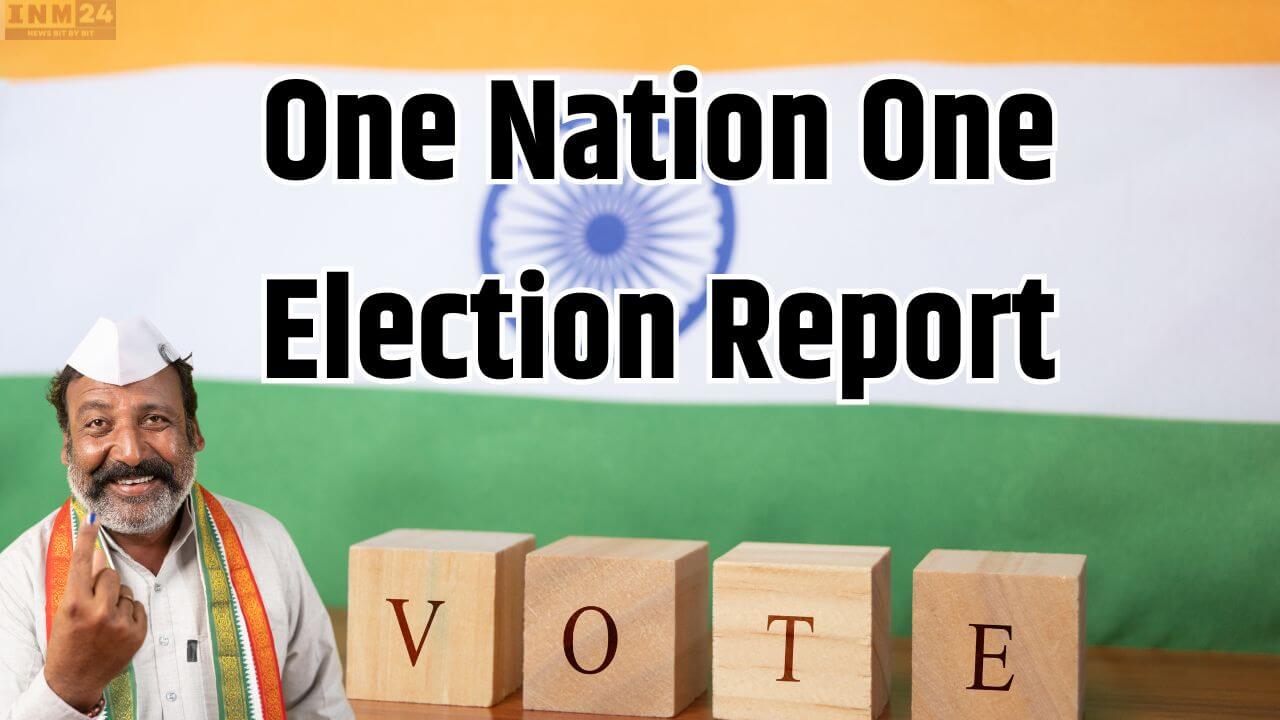As the Lok Sabha elections of 2024 draw closer, discussions regarding the concept of “One Nation One Election” have gained momentum. Today, the Kovind Committee, chaired by former President Ram Nath Kovind, may submit its report on this matter. The committee was formed to explore the feasibility of conducting simultaneous elections for the Lok Sabha, state legislative assemblies, and various local bodies. This report is expected to be presented to President Draupadi Murmu.
What is the Kovind Committee?
Last year, discussions surrounding the idea of One Nation One Election led to the formation of a committee chaired by former President Ram Nath Kovind. This committee, often referred to as the Kovind Committee, comprises eminent personalities such as Home Minister Amit Shah, former leader Ghulam Nabi Azad, former NITI Aayog Chairman N.K. Singh, former Lok Sabha Secretary-General Subhash Kashyap, and senior advocate Harish Salve. Additionally, State Minister Arjun Ram Meghwal has been invited as a special invitee to the committee.
Adhir Ranjan Chowdhury’s Refusal to Join the Committee
When the committee was formed, Congress leader Adhir Ranjan Chowdhury was also invited to join. However, he declined, citing skepticism regarding the committee’s intentions. It is noteworthy that the concept of One Nation One Election proposes to synchronize elections across different levels of governance, from the national to the local level.
Reasons behind One Nation One Election
One of the primary reasons for advocating One Nation One Election is the frequent occurrence of elections in India. From Lok Sabha to panchayat elections, polls are conducted almost every year, necessitating the repeated implementation of the Model Code of Conduct. Additionally, adequate security forces, police, and government officials need to be deployed for election duties regularly. Many development projects also get stalled due to elections. To address these challenges, the idea of conducting all elections simultaneously is being considered. The government’s plan in this regard is expected to be elucidated upon in the report to be submitted today.
The One Nation One Election concept has sparked debates across the political spectrum, with both proponents and opponents presenting their arguments. The Kovind Committee’s report is anticipated to provide valuable insights into the feasibility and implications of implementing this idea in India’s diverse electoral landscape.
